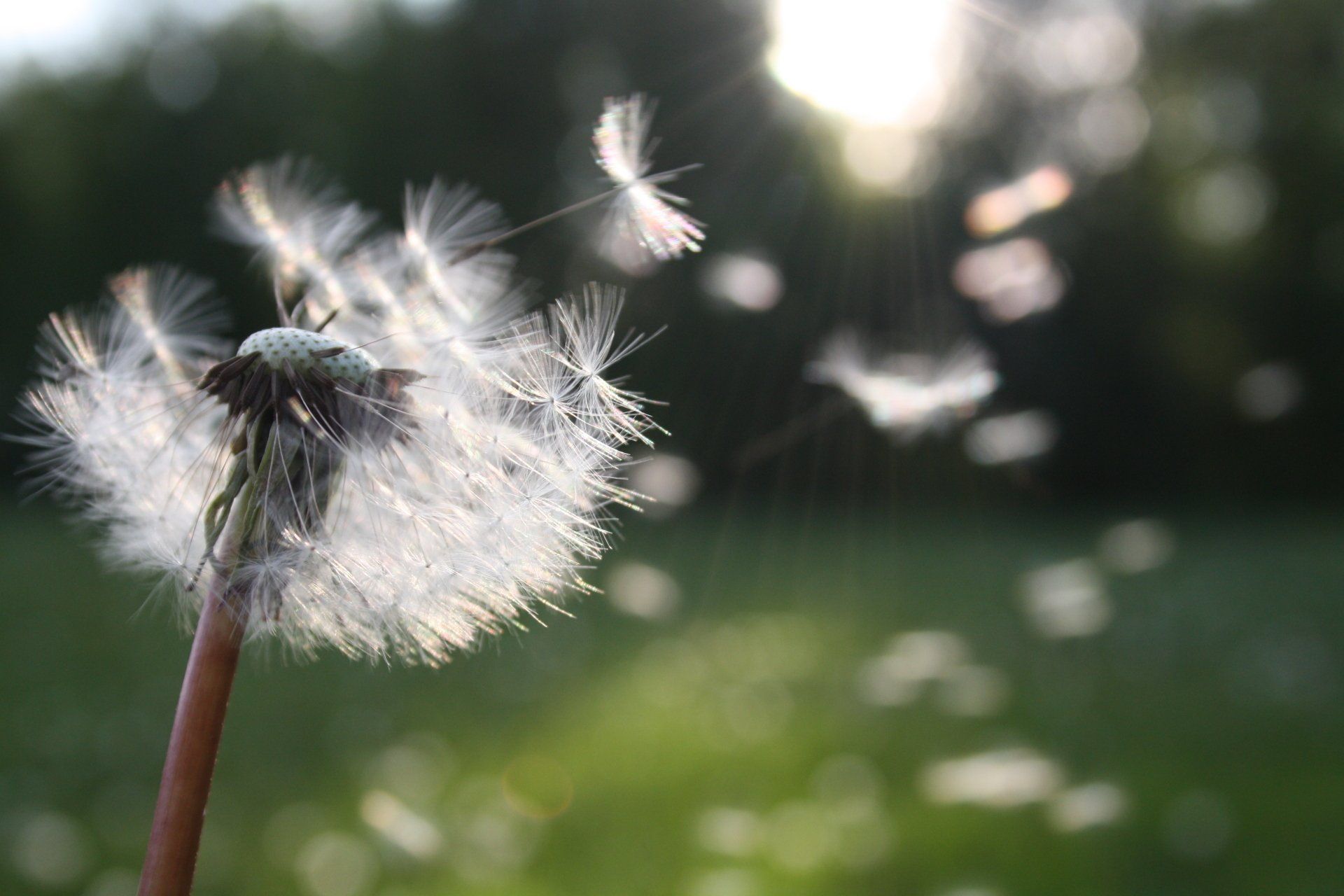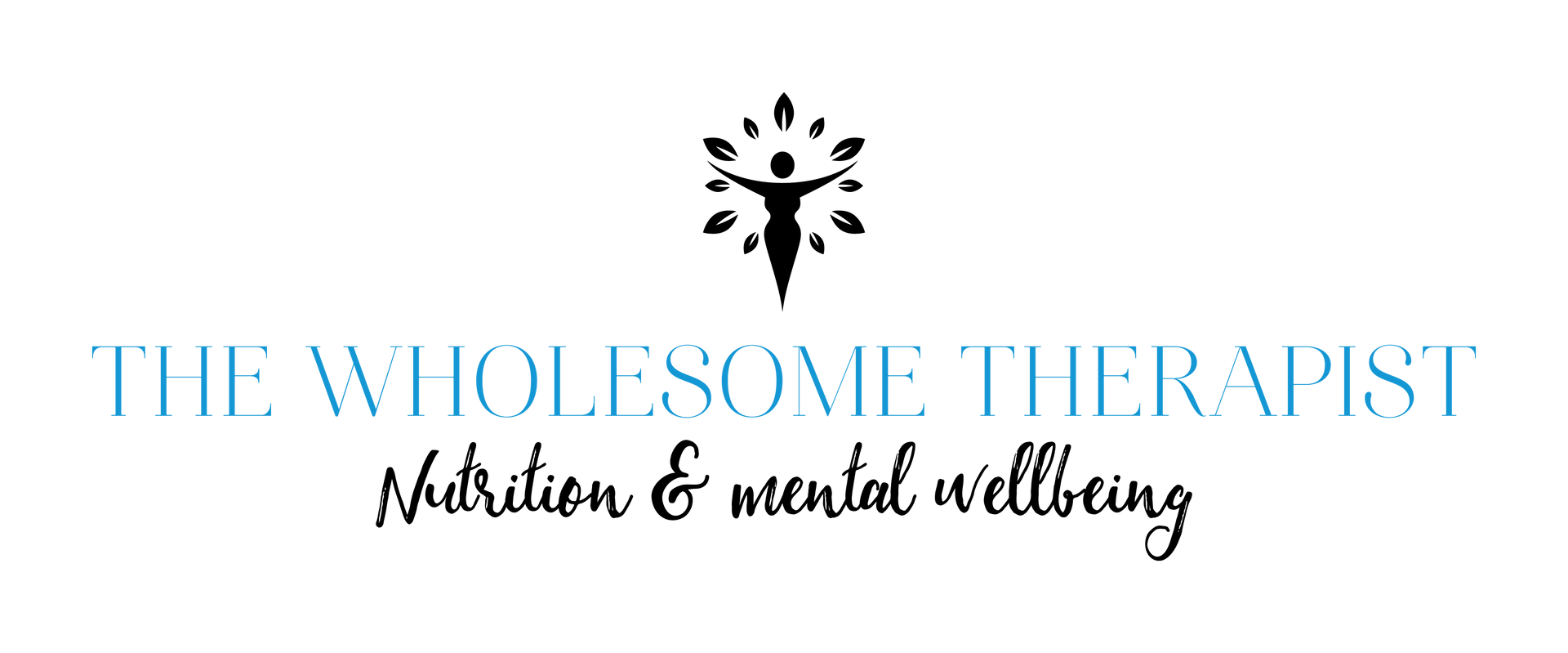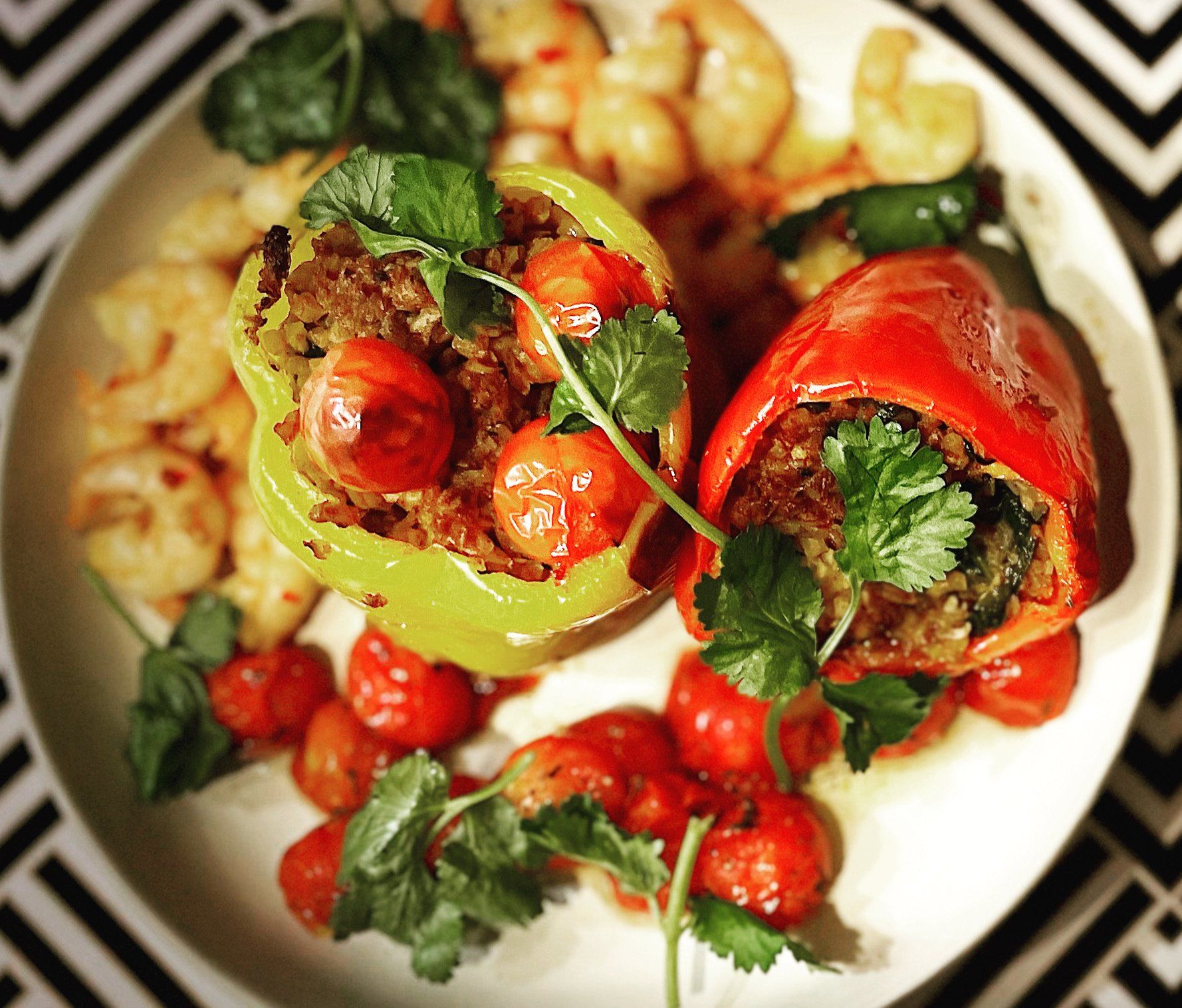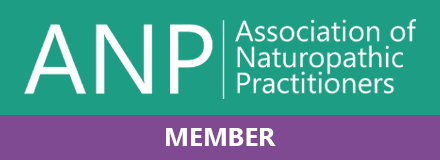Histamine - the good and the bad!
Do you suffer with hayfever? Do you understand what’s causing your hayfever symptoms?

Do you suffer with hayfever? Do you understand what’s actually happening in your body, causing your hayfever symptoms?
Histamine is a chemical in the body, which has several roles, but its main role is to act as a defence, eliminating allergens. When you experience symptoms of allergies or hayfever, your body goes through an inflammatory response, releasing histamine into the body. This results in inflammation, acting as a warning to the body, that there are pathogens around, and raising white blood cells to attack these pathogens. This is generally a normal response, as it’s your body’s way of protecting you from foreign matter. Your body then releases enzymes to break down this histamine, and it is then eliminated from the body, calming things back down.
However, if you are histamine intolerant, this can cause a heap of symptoms, such as itching, itchy/watery eyes, itchy nose, and I’m sure you may have experienced some varying symptoms.
How histamine benefits us
1. Histamine acts as a vasodilator, meaning it dilates our blood vessels, preventing them from tightening and narrowing
2. Histamine helps with digestion - it stimulates secretion of Hydrochloric Acid, which is needed for us to digest our food
3. Histamine acts as a neurotransmitter, as it helps regulate other neurotransmitters such as noradrenaline and serotonin. It regulates appetite, sleep and our behaviour (bet you didn’t know that one)!
In normal circumstances, histamine is broken down in several parts of the digestive system, via an enzyme called Diamine Oxidase (DAO). This enzyme helps to balance histamine levels in our body. In other parts of the body such as liver, lungs and kidneys, histamine is broken down by Histamine N-methyltransferase (HNMT). If these enzymes aren’t able to metabolise histamine, the body ends up with a build up, which is why you end up with histamine intolerance and all the symptoms associated with it. Hence, an excess build up of histamine, not sensitivity towards it!
Causes for histamine intolerance
There are several reasons why a person may present with histamine intolerance.
1. Mast Cell Activation Syndrome - Mast cells, are white blood cells within tissues. They contain inflammatory mediators inside granules, which also contain histamine. When activated (due to allergic reactions), these contents are released into tissue, which is why you experience inflammation and repeated episodes of symptoms.
2. Gluten Intolerance/Leaky Gut - Gluten can increase levels of a protein called zonulin, and high levels of this protein have been found in cases of celiac, patients with auto-immune conditions, and leaky gut (increased intestinal permeability), which can cause bacteria and toxins to leak through the intestinal wall. This can cause low levels of DAO in the gut.
3. Gut Infections - several types of gut infections such as h.pylori and SIBO can cause an increase in histamine, by mast cells in the gut lining, again causing increased permeability. In some cases, it has also been linked to low levels of stomach acid.
4. Inflammatory Bowel/Digestive Issues - In cases of inflammatory bowel diseases such as Crohn’s and Ulcerative Colitis, upto a 50% decrease in DAO has been found, due to the inflammation in the gut.
5. Nutrient Deficiencies - Certain vitamins and minerals such as vitamin C and Copper are necessary for the production of DAO. Vitamin B6 is also needed to assist DAO to breakdown histamine. Therefore deficiencies in some of these nutrients can deplete DAO or cause it to have limited function.
6. Genetic Mutations - If genes such as DAO and HNMT (mentioned earlier) are mutated, this can have an effect on the breakdown process of histamine.
7. Medication - medications such as NSAIDs, antidepressants, immune modulators and anti-histamines (yep!), can all cause decreased levels of DAO in the gut. Anti-histamines can contribute to DAO depletion, making histamine intolerance worse!!
Decreasing the histamine load in your body
One of the first pointers for dealing with excess histamine, is by reducing the histamine load through diet.
Load up on vitamin C - but avoid citrus fruits. It may be worth taking Vitamin C daily during allergy seasons. Quercitin is also great, as it inhibits the release of histamine, but always consult a practitioner before taking any supplements, incase there are any interactions with medications you may be taking.
Avoid foods high in histamine which include fermented foods, dairy, caffeine, vinegar, some nuts such as peanuts and walnuts, avocado’s, strawberries, banana’s, pineapples, chocolate and papaya. Avoid leftover food if particularly bad, as histamine levels in leftover food increases when in the fridge. Soya may also trigger a histamine reaction, so that’s one to keep an eye on too.
Have more cruciferous vegetables, greens, cabbage, broccoli, peppers and olive oil, as you need them to nourish your gut, which as we talked about, are of the many reasons we experience issues with histamine. Peppers actually have a lot more vitamin C in them than oranges, so go for them instead. Onions are high in quercetin. Thyme, pomegranates, ginger, garlic, peppermint - all good for reducing histamine and inflammation.
Always consult a qualified Nutritional Therapist/Practitioner, who can investigate the above causes in more detail.






